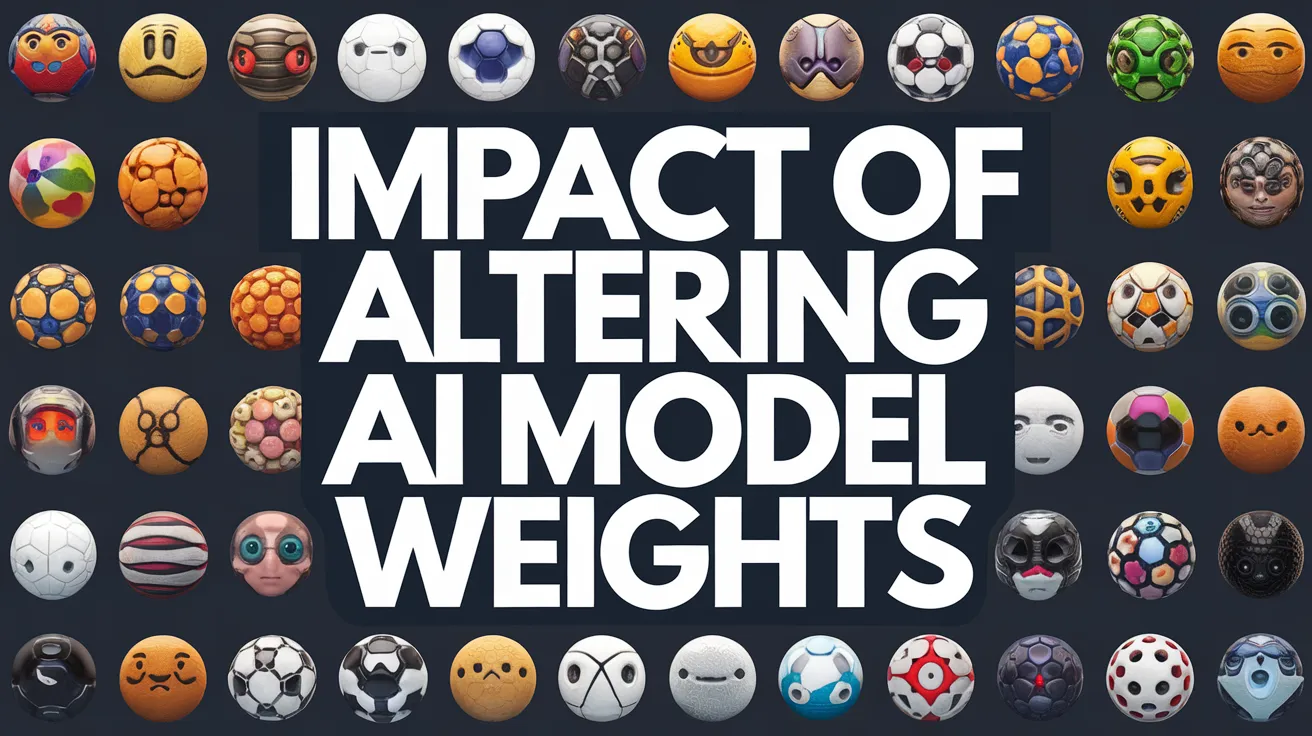Impact of Altering AI Model Weights

Artificial intelligence models, particularly large language models (LLMs) such as OpenAI’s ChatGPT, rely on intricate structures built from billions of numerical values known as parameters or weights. These weights serve as the fundamental building blocks of neural networks, representing the connections between each neuron and influencing how the AI processes input and generates output.
Recent findings have illustrated the delicate balance within these AI systems. Altering just a single weight in this sea of billions can drastically disrupt an LLM’s functionality, rendering it incapable of coherently producing language. The implication of this phenomenon raises concerns about the inherent fragility of AI models, suggesting that their robustness is more tenuous than previously understood.
This fragility can lead to outputs that are nonsensical or ‘gibberish,’ reflecting an AI’s inability to maintain context or coherence when its foundational parameters are altered. Such insight emphasizes the importance of precision in the training and deployment of AI models. Given the vastness and complexity of modern machine learning, even minute changes can have significant repercussions, making the management of these models a critical area of ongoing research.
The sensitivity of LLMs to small changes also poses questions regarding their reliability in real-world applications. As AI technologies embed themselves deeper into various sectors, ensuring that models maintain stability amid updates or alterations will be essential to preventing unexpected failures.